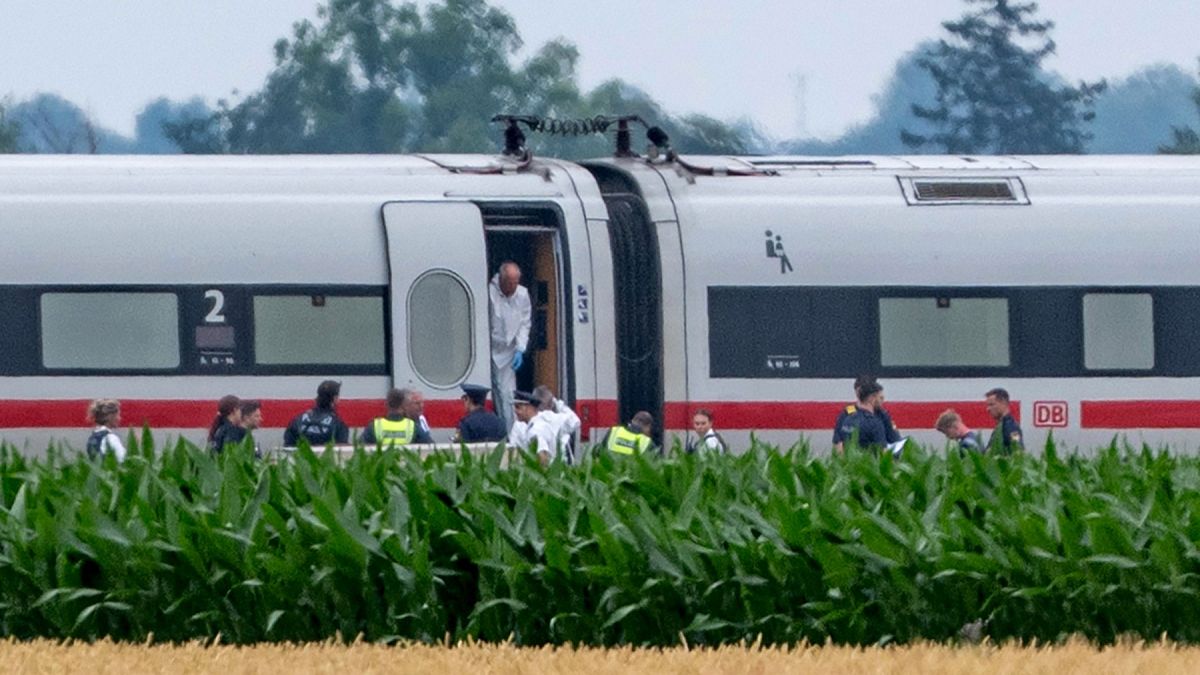

As we navigate the challenges of an interconnected world, recent developments have spotlighted environmental and safety issues that demand both immediate and long-term attention. From energy transitions in Europe to public safety concerns, our shared global community faces hurdles that call for thoughtful resolution.
In Europe, an energy shift is underway as the European Union increasingly turns to liquefied natural gas (LNG) to compensate for reduced Russian natural gas imports. This shift carries implications for both the environment and the economy. While LNG provides a necessary alternative, concerns about its environmental impact rise due to the higher carbon footprint associated with its production and transportation. Experts stress the importance of sustainable energy strategies that balance immediate needs with long-term climate goals, urging innovative approaches to minimize negative impacts on the environment.
Meanwhile, research from a Dutch institute has brought attention to the prevalence of per- and polyfluoroalkyl substances (PFAS), or ‘forever chemicals,’ in blood samples from individuals in the Netherlands. These findings underscore a global challenge, as PFAS are known for their persistence in the environment and potential health risks. The study amplifies the call for heightened regulatory measures and ongoing studies to address and mitigate exposure to such substances, emphasizing the importance of proactive public health strategies.
Safety concerns have also been highlighted in a number of incidents across various regions. In Germany, a train journey turned alarming when a passenger wielding a hammer injured four individuals aboard an ICE train. Authorities swiftly responded to the situation, ensuring the safety of other passengers and providing assistance to the injured. In southern Finland, a similar situation unfolded in Tampere, where several individuals were harmed in a stabbing incident at a shopping center. The community has come together to support those affected and focus on healing and resilience in the face of such events.
In a more distant region, tensions in Gaza have surfaced following claims by US contractors that live rounds were fired at Palestinians seeking aid. The allegations, brought to light by whistleblowers within a contracting firm, highlight the ongoing and complex situation in the region. This news serves as a reminder of the fragile nature of global peace and the importance of continued dialogue and humanitarian efforts to address conflicts.
Beyond these immediate concerns, the agricultural sector is also facing challenges. A study originating in Israel warns that increasing heatwaves could substantially impact global dairy production. As temperatures rise, dairy cows are more susceptible to heat stress, potentially reducing milk output by up to 10%. The research suggests that by 2050, average daily milk production might decrease by 4% as the climate crisis intensifies. This calls for adaptive measures in agriculture to safeguard food security and optimize farming practices for a changing climate.
In conclusion, these developments underscore the myriad challenges facing our global society, from environmental sustainability and public health to safety and food security. Addressing these issues requires a collective effort, integrating innovation, cooperation, and empathetic approaches to forge a future that is not only safer but also more sustainable for all.
Source: {link}
